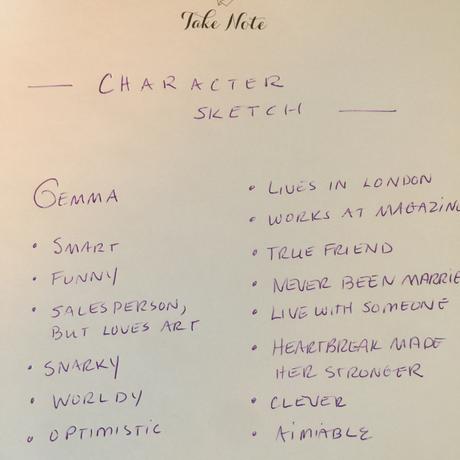 Photo by Tirachard Kumtanom on Pexels.com
Photo by Tirachard Kumtanom on Pexels.com
The million dollar question writers are asked at book talks is this: How much of your characters are you or someone you know?
It’s the question that has intrigued readers with every book or story they read. So, how does one answer this question?
Very carefully.
We can’t help it as writers if we borrow things from people we actually know or have heard of or have met along the way. There is typically some truth behind fiction, whether big or small, but as observers and keen admirers of the world and the people in it, we are apt to take a few notes here and there. So if you see me jotting down a few things the next time we have lunch, beware.
That’s a joke.
But the story I’m going to tell next is not…it’s real…and it’s a good example of how people we know or meet or eavesdrop upon can provide the best fodder for stories.
Many years ago, as an experiment to see how much “story” and “character” we could glean in one night, my friend Jenny and I set out for a bar in Ellicott City. We sat at the bar and we just listened. We listened to people talking, telling stories. As we leaned in, we learned about people, what they were up to (both the good and the bad), and the response that the listener provided. Story ideas are everywhere…and in a bar, forget it. It’s like a billboard saying “WRITE ABOUT ME.” In normal conversations, we take turns as listener and speaker, and in those moments, storytelling unfolds, and if you dig in well enough with a finely tuned ear, you can learn a lot about others.
And this is just what you can learn from people you don’t know.
Imagine what character traits and inspiration you can take away from people you do know.
Sometimes in my stories, my characters are an amalgamation of many different people. Sometimes, I base a character on someone I know or knew. Sometimes, the character is entirely made up, but if we’re being honest, we’re still pulling from folks we know—or wish we knew or wish we still knew. And sometimes, we take a hopeful approach to a character who in real life holds no redeeming qualities, but in fiction, we can give that character a different ending.
A tip I like to share with beginning writers is to write character sketches of your main characters who will be prominent in the story–most especially the main characters. You should know everything about these characters, including the following: what they like, what they don’t like, their hobbies, their interests, their schooling, their jobs, their family life, their friends, where they have lived, what’s happened to them, their faults, their attributes, their failures, their overall demeanor, their stance on life, and so many other facets about their makeup. If you can fully write a synopsis of your character and know them as well as you know your best friends, you will do well with turning those characters from a sketch on paper into a fictional living, breathing character in a story. While it may be fiction, the truth is we like realistic characters.

When I re-watched The Man Who Invented Christmas the other night and watched Charles Dickens’s characters come to life and speak to him, that’s actually not too far off from what happens as we draft characters and intimately know their inner workings. We become attached to them, even if sometimes they behave badly.
We love our characters, and that’s because they come from us.
From all of us.
Advertisements
